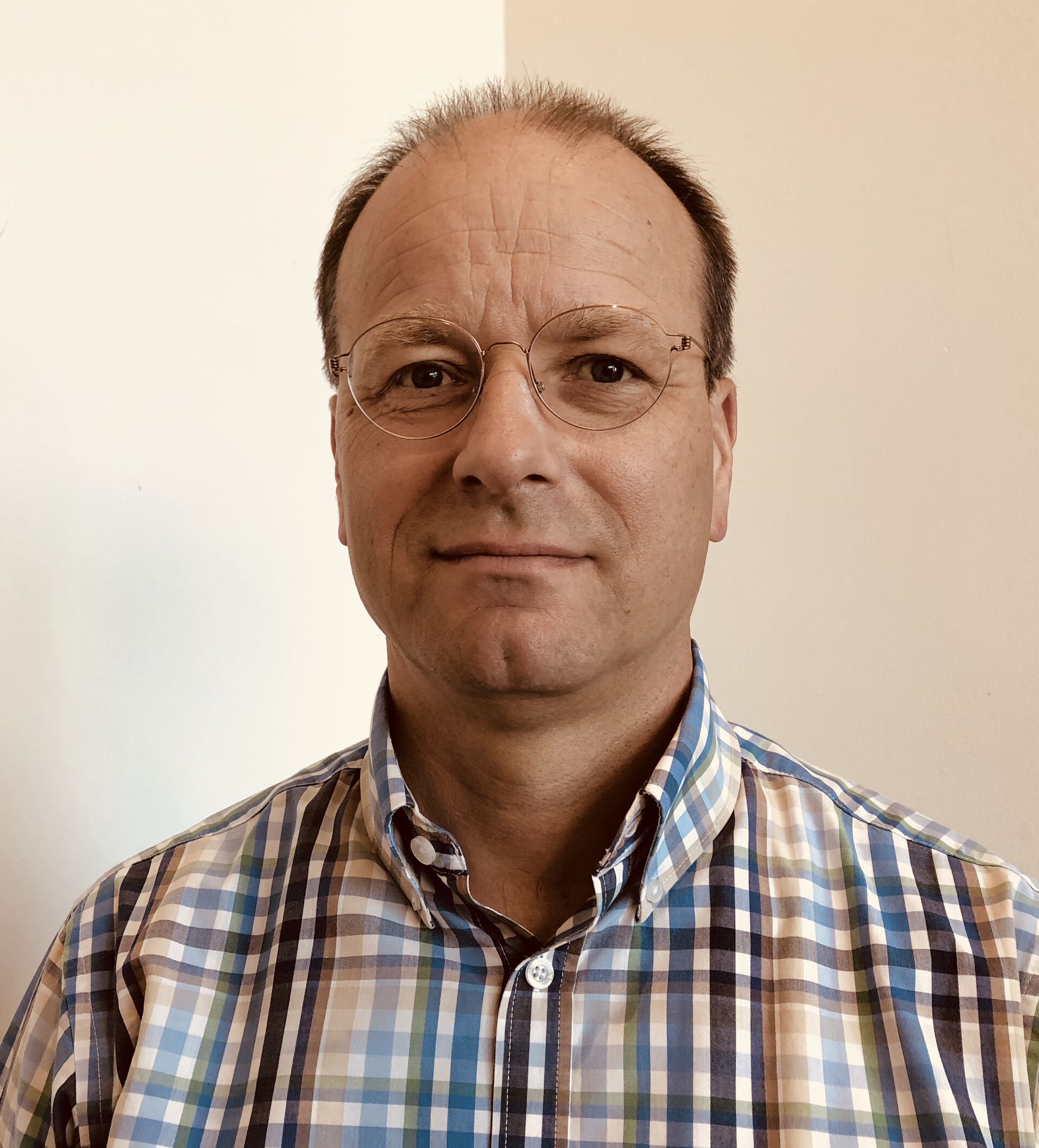
Dr. Lindenberger is actively involved in a wide range of research projects and programmes and has hundreds of scientific articles to his name. He can be selective about what he wants to work with. Nevertheless, he chose to participate in Lifebrain. Why?
The reason I chose Lifebrain is because it is a unique project in Europe that aims to find out how brain and behavior develop throughout life, from foetus to old age. The project provides access to excellent data that open up new possibilities for analysis. Lifebrain also offers an opportunity to work with other experts, some of whom I have worked with before and some of whom I got to know in the context of Lifebrain.
What are you currently working on?
My colleagues and I want to refine and develop statistical methods that capture how and why people differ in their development. I am particularly interested in mechanisms that contribute to differences in the ability to learn and remember.
What do you expect to achieve through Lifebrain?
To better understand how brain-behavior relations evolve from childhood to old age. How do interactions among maturation, learning, and senescence change across the lifespan? How and for what reasons do individual differences emerge?
Will the results from Lifebrain have any practical significance for the average person?
In the long run, yes. We will be able to study associations of education, lifestyle, and the physical environment to changes in brain and behavior. Hopefully, this will lead to more informed policies that foster brain health across the lifespan.
The interview was taken by Unni Harsten Hagelund, Norwegian Institute for Public Health, 5th June, 2018, in Oslo.

